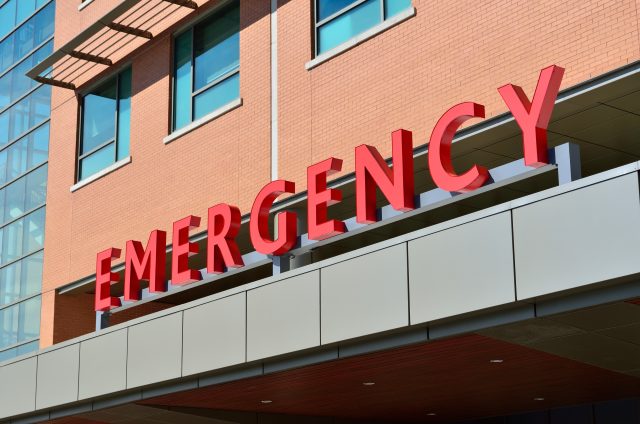
Many Names Intervened to Tell the Experience of Healthcare in Europe, Looking at the Pandemic of Covid-19 as the Most Relevant Event of Recent Years.
The past period, marked by the Covid-19 pandemic, experienced by the whole world, has shown the strengths and weaknesses of a system which, despite being managed at its best, especially in Europe, needs greater continental centrality, with the transfer sovereignty in matters of health and logistics on the part of the member states. According to Carlo Corazza, representative of the European Parliament in Italy, health is one of the new frontiers in which the EU must integrate more, and this is echoed by the words of Antonio Parenti, director of the European Commission’s representation in Italy, and of the minister of the Italian Health Orazio Schillaci, who in a video message declared that Italy has been working for months now on the implementation of the electronic file system in the name of the digital transition desired by the European Community.
The data collected in view of the total digitization represented one of the topics at the centre of the debate, above all in relation to the difficulty in respecting the guarantees of treatment without violating the rules related to personal rights, but also governance, the training of health personnel and health education of patients, now considered fundamental for more effective prevention. According to Franco Anelli, rector of the Catholic University of the Sacred Heart, there is an urgent need to make an effort to keep health policy issues at the centre of community debates.
Sandra Gallina herself, Director General for Health and Food Safety (DG SANTE) in the European Commission, pointed out that a Health Plan such as, thanks to the new rules, it will no longer be necessary to wait for 3 months for the opinion of the WHO before being able to declare a possible pandemic, as happened for the Coronavirus in recent years when, this misalignment convinced the Commission to conform to more territorial sources of information, re-launching the value of short-range surveillance for reporting data. Sandra Gallina also opened the discussion on the topic of funding, which offers the possibility of carrying out projects such as “Europe beats cancer”, and antimicrobial resistance for which a network of specific specialized teams is being developed in hospitals. During the debate, the importance of a European Pandemic Plan became clear, as well as updated training for all professionals, to ensure efficiency and optimization in prevention and management operations in the event of pandemics or other high-risk situations at continental level.
The rector of the Medicine and Surgery Area of the Catholic University of the Sacred Heart, Antonio Gasbarrini, pointed out the importance of emergency medicine, recalling solidarity as the central point of the health system in which doctors must operate also by listening to the patients and becoming, finally, health professionals much more adaptive than in the past. The Italian health service is still too underfunded compared to other European countries and there is still too much difference between the health situation of northern Italy compared to that of the south, both from the point of view of the quality of the structures and it concerns the quantity of professionals currently employed and the possibility of specific privatizations cannot be regardless excluded.
The conference, moderated by Flavia Giacobbe, was also attended by Nicoletta Luppi, vice president of Farmindustria, Marina Zanchi, director of HaDEA, Domenico Mantoan, general manager of Agenas, with the participation of several MEPs representing a community extremely interested in the creation of a health facility able to respond to all the growing health needs of citizens.



 Subscribe
Subscribe